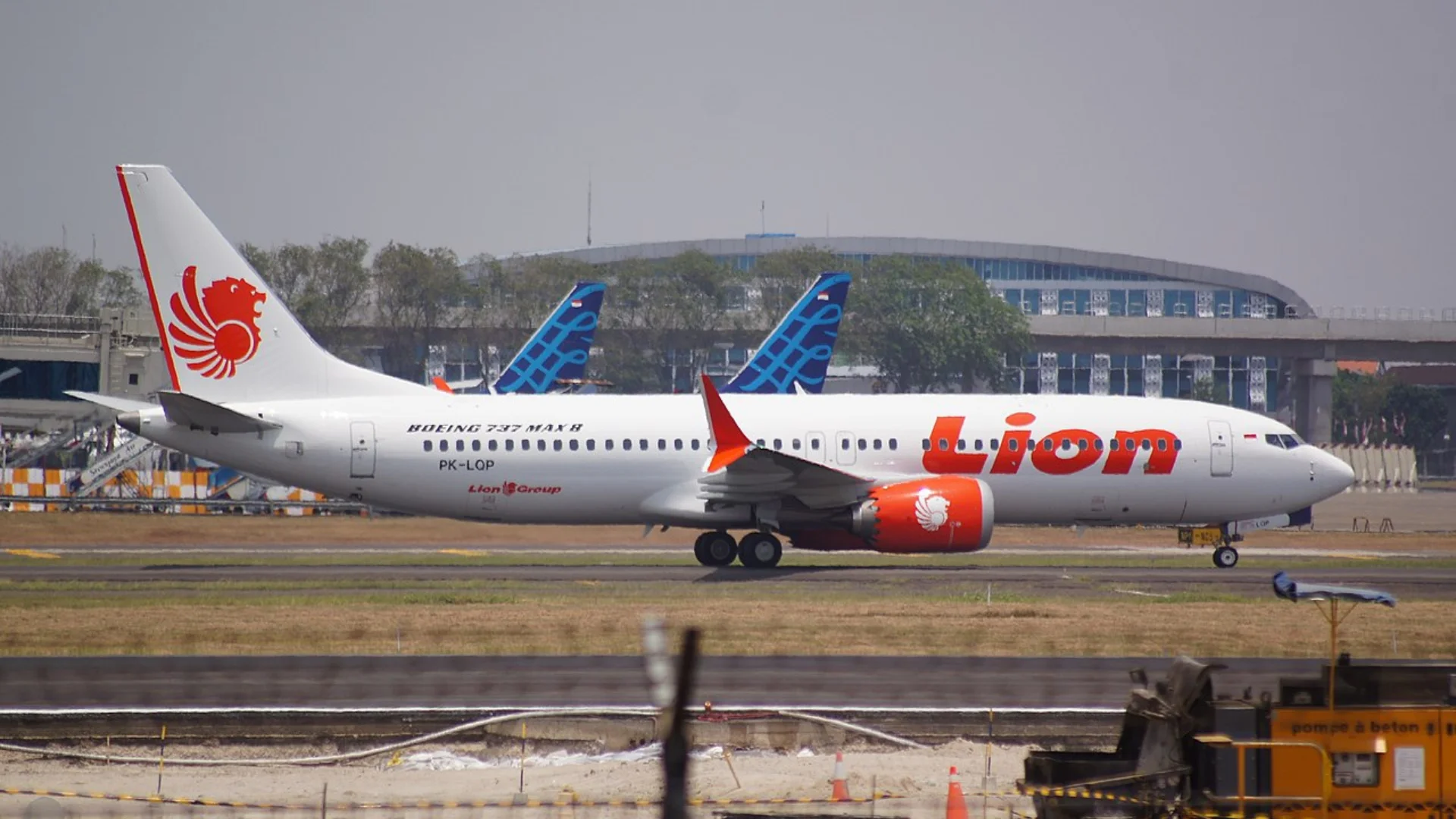The Boeing 737 MAX program is facing further delays, with certification for the MAX 7 and MAX 10 models now expected in 2026 due to ongoing engine anti-ice complications. This comes after significant changes were made following two fatal crashes in 2018 and 2019. These incidents led to production caps and a slow certification process for the remaining variants.
The accidents involving Lion Air Flight 610 and Ethiopian Flight 310 resulted in engineering changes, quality assurance improvements, and increased oversight by the Federal Aviation Administration (FAA). Boeing continues to address engine anti-ice safety hazards identified in 2024, delaying final certifications.
"The vast majority of the global fleet of 737 MAX 8 (737-8) and MAX 9 (737-9) have served well since debuting in 2017 and 2018," but current issues focus on the shorter-cabin MAX 7 and stretched MAX 10 models. A waiver was granted for operational models until a solution is implemented in 2026. However, an incident involving an Alaska Airlines aircraft prompted renewed scrutiny from both the National Transportation Safety Bureau (NTSB) and FAA.
 Alerts Sign-up
Alerts Sign-up






















